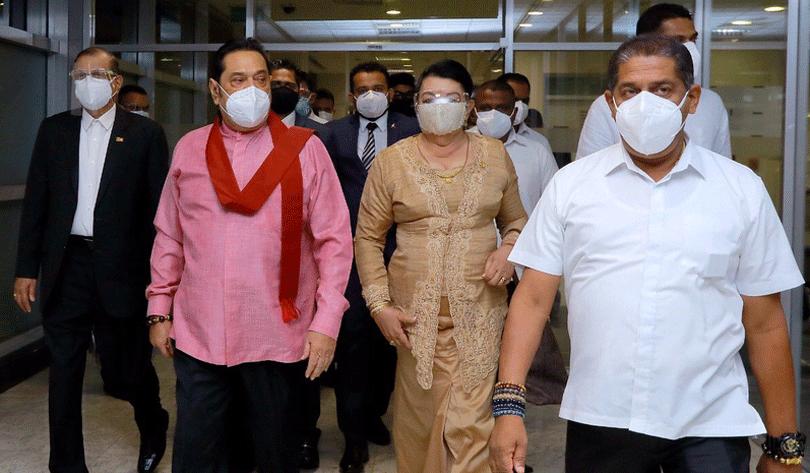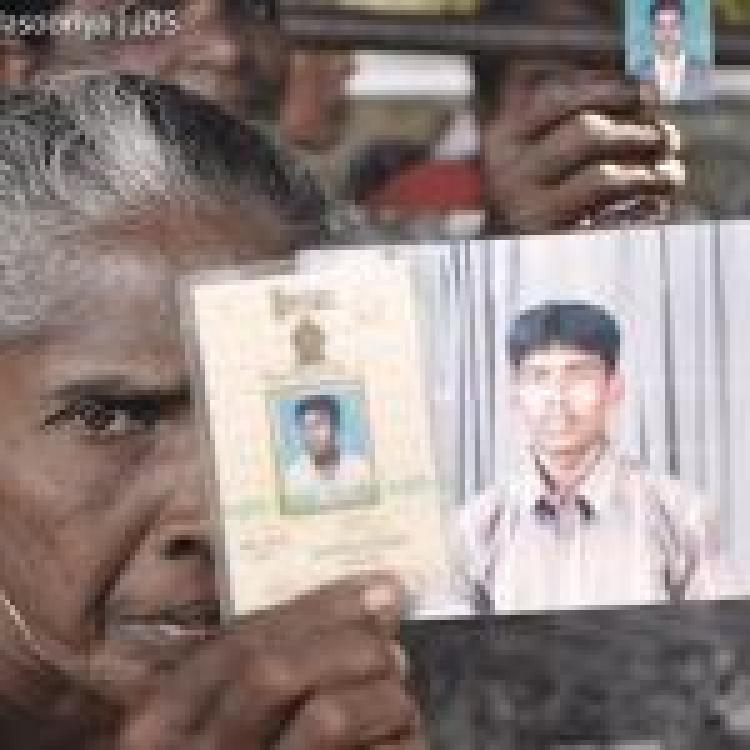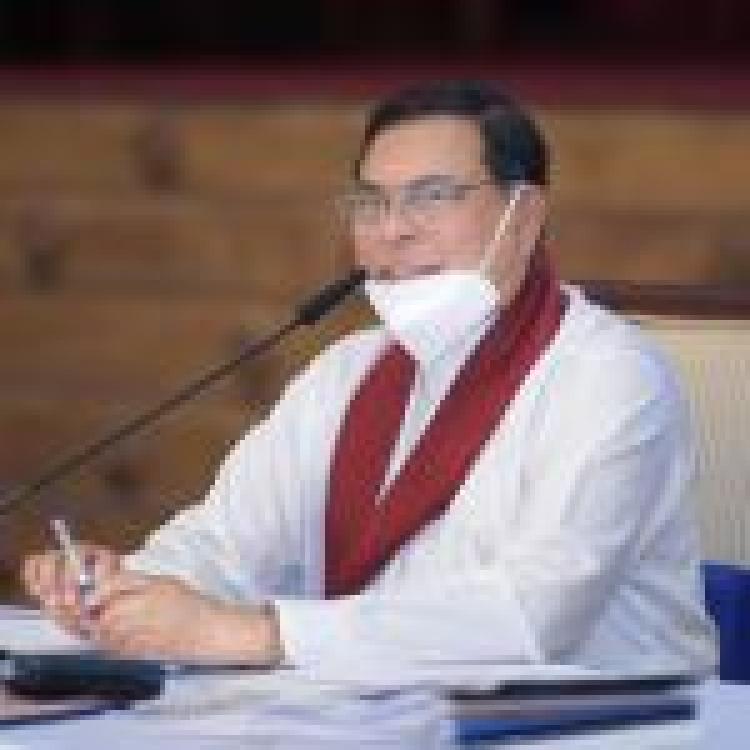
Ahead of the 48 UN Human Rights Council Session, Sri Lankan Prime Minister, Mahinda Rajapaksa has left the island for an official visit to Italy where he will meet with Italian Prime Minister, Mario Draghi, the President of the European Parliament David Sassoli and the President of Slovenia Borut Pahor.
The visit comes despite increased concern over Sri Lanka's human rights record with numerous human rights organisations and Tamil activist groups warning of the continued use of the Prevention of Terrorism Act and lack of accountability. Speaking today at the UNHRC session, UN High Commissioner, Michelle Bachelet noted that "surveillance, intimidation and judicial harassment of human rights defenders, journalists and families of the disappeared has not only continued, but has broadened to a wider spectrum of students, academics, medical professionals and religious leaders critical of government policies".
Italy along with other European countries had voted in favour of UN Resolution 46/1 which mandated the collection of evidence for potential use at a future war crimes tribunal.
The Prime Minister will be also accompanied by a 17- member delegation including Minister G.L. Peiris to attend the G20 Interfaith Forum 2021, where he is scheduled to deliver the keynote address at the opening session hosted at the University of Bologna, this year's theme being "Peace Among Cultures, Understanding Between Religions."
Sri Lanka’s Catholic church Archbishop Malcolm Cardinal Ranjith claimed the trip was an attempt to “mislead” the Vatican about the probe into 2019 Easter Sunday attacks. “I condemn this trip [to the Vatican] because they are attempting a coverup and trying to mislead the Pope and the international community,” he said. Following the Archbishop's allegations, the Sri Lankan Foreign Ministry in a media statement denied that the Prime Minister was to meet the Pope.
Read more here.


